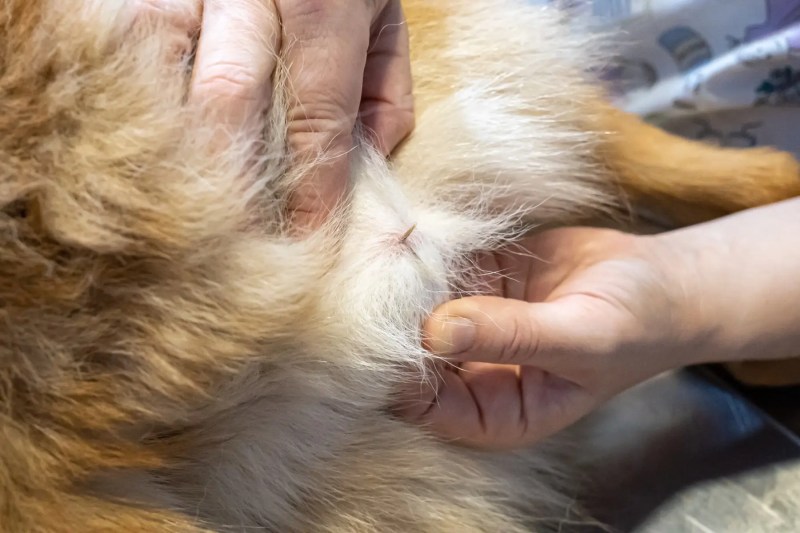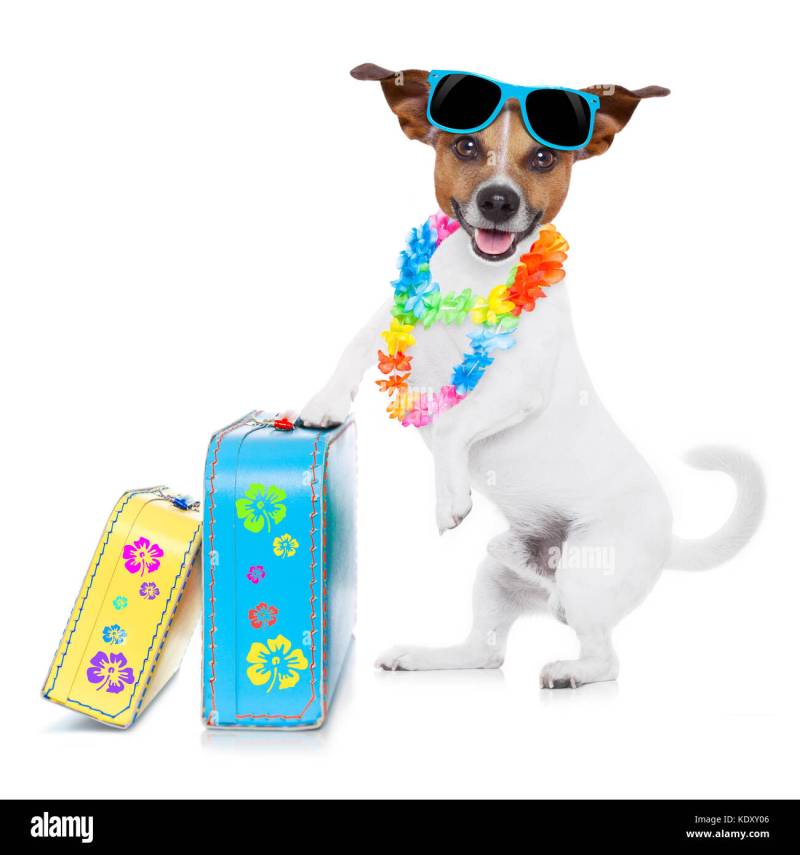Best Dog Friendly Grass Seed – Many dog owners are familiar with the sight of a lawn covered in holes and patches of dead grass. If you have a nice lawn, why not let your dog play in the yard? We have compiled the 6 best herbs for dogs.
All herbs fall into one of two categories: warm season or cool season. Choosing the best type of grass for your yard depends on your preferences, location, foot traffic, landscape features, and sometimes your pets.
Best Dog Friendly Grass Seed

Cool-season grasses thrive when temperatures reach 60 to 75 degrees Fahrenheit. They remain dormant after the first frost until spring, when they begin their active growing season in early fall and again in early fall. Cool-season varieties require less fertilizer and pesticides than warm-season grasses, and will stay green throughout summer and winter in many transitional zones.
Black Beauty® Heat And Drought Resistant Grass Seed L Jonathan Green
If you’re looking for a hardy, drought-tolerant, shade-tolerant grass, you can’t go wrong with tall fescue. Because of its deep roots, this grass does well in areas with high traffic, high temperatures, and high daily wear.
Tall elk have a spreading habit, and most species do not reproduce on their own. This means that if your dog is injured, the dead point must be moved again.
Kentucky bluegrass is a popular grass that tolerates high foot traffic. It heals quickly from injuries, so active children and pets are not a problem. Unlike tall grass, this grass spreads by roots, so it can heal damaged patches without replanting.
Kentucky bluegrass grows quickly once established. If that’s not enough to convince you, check out its soft texture, perfect for your pout, daily rotation.
Best Grass Seed: Which Grass Seed Do I Need?
Ryegrass is a perennial that thrives in coastal climates and moderate temperatures throughout the year. It is resistant to high traffic and wear and tear and is suitable for active dogs. But it doesn’t spread with roots or stevens, so it can’t cure bare spots. In addition, cool grass does not tolerate heat, shade and drought well.
Perennial fescue germinates faster than most grasses and is the best weed for reseeding dead grass from dog urine or digging. It also mixes well with other types of grass, so no matter what type of grass you have, you can use it to repair dog-related damage to your lawn.
Summer grass thrives in temperatures between 80 and 95 degrees Fahrenheit. They grow well in the southern half of the United States, where they begin their active growing season in spring and go dormant in mid-fall. Warm season varieties are drought and heat resistant, but not cold and hard.

Bermudagrass can withstand wear and tear from aggressive dogs because of its dense roots. It is also drought tolerant and survives in saline conditions. High salt tolerance makes bermudagrass an excellent choice for coastal urban lawns.
This Dog-friendly Garden Design Is Perfect For Your Furry Friends
Another great thing about Bermuda is that it grows and spreads quickly. Even if the dog kills your grass, it will recover quickly. However, one of the disadvantages of this grass is that it is not shade tolerant. It is also high maintenance compared to other types of grass and requires frequent mowing, watering and fertilizing to maintain its health.
As a warm-season grass, fescue is heat tolerant, has light green leaves and a compact growth habit, making it an excellent candidate for dog-friendly landscaping. Because it needs to be watered, your dog’s urine will dilute easily and won’t cause much damage to your lawn.
Another point in its favor is that it is low maintenance and resistant to diseases and pests. It does not require constant mowing, mowing or feeding, which all this, do not forget, fits the business schedule of the owner of the house.
Zoysiagrass blooms in May and is a warm dry season and heat tolerant grass. Thanks to its deep root system, it tolerates more cold and shade than other warm summer varieties.
Grass Seed Dangers To Cats And Dogs
This grass creates a thick, dark green lawn that requires a lawnmower, but the best part is that it protects the soil from urine. Zoysiagrass spreads by roots and vines, so it can cover dead spots related to dogs by itself.
Unfortunately, Zoysiagrass is slow to establish. However, when set, it has a hard and prickly texture. Its dense growth can cause excess thatch to accumulate, so be sure to mow your lawn regularly.
From your dog’s perspective, your yard is one big bathroom. They urinate on grass, under trees, on trees, and almost anywhere.

The problem is that dog urine has a lot of nitrogen. Nitrogen soaks into the soil and reaches your roots. In large quantities, it will burn or even kill the grass, causing brown, dead seeds in the wake. The dog will kill the cow and the grass, and the dog will kill the dog’s cattle.
Awns / Grass Seeds: Why They Pose A Danger To Dogs
If you think it’s wrong to collect dog poop in your yard, here are some reasons to reconsider.
Like your poop, your dog’s poop contains nitrogen, which can burn your lawn if it has time to break down. And that’s not to mention the many fungal lawn diseases that can occur as a result of manure left in your yard. More importantly, dog poop spreads harmful bacteria that can affect your family, pets and wildlife.
It’s clear what short-term damage digging holes in your lawn can do to your lawn. Even the hardest grass cannot move completely.
But constant digging can cause long-term problems for your lawn and soil. When your dog digs in the grass, the soil is exposed. The soil that is left out dries out and loses nutrients, which inhibits new growth.
Why Does My Dog Eat Grass And How Do I Stop It?
Heavy walking – human, dog or otherwise – breaks the grass blades and compacts the soil. Compacted soil means your grass roots can’t get the water and nutrients they need.
The big problem here is that the dog runs or walks through the same part of the lawn every day, either walking around the yard or walking back and forth between the back door and the kennel. After a while, these grass strips can become old and even die.
The first requirement for a dog-friendly lawn is fast growth. That way, even if your dog kills the grass, it will recover on its own.

Grasses that propagate by stumps or pollination are best because they grow along the soil to fill in empty spots without having to plant new seeds.
How This Dog Owner Keeps Their Lawn Thriving With Clover
Deep, thick roots make grass more stable. The deeper and denser the root system, the more difficult it is to destroy weeds. Even if your dog pees or rolls in the same spot every day, grass with deep roots will survive.
In addition, strong roots prevent digging. Grass is difficult to pull up, and the roots prevent your dog from entering the soil.
If the type of grass is not suitable for your climate, it starts on the wrong foot. Since grass in the wrong weather is weak and diseased, your dog can make it worse.
Know your climate zone and choose grass types that grow well. You should also consider the type of grass you need sunlight, soil conditions, and maintenance requirements to choose the best location for your yard and lifestyle.
How To Get Grass To Grow/stay Where The Dogs Run?
So, you decide to control your lawn with dog-friendly grass to prevent pooping, digging, and other bad dog behavior. Why stop there? There are many things you can do to help your landscape survive Dogzilla while still making the yard more fun for your furry friends.
New damage-resistant grass is the first step toward a dog-friendly landscape. You, your dog, and your lawn will be happier when you have your yard done.
In general, you can count on perennial grass to absorb your dog’s urine. Centipede grass is another good choice because of its frequent watering needs, which ensures that dog urine never stays on your lawn for long periods of time.

Many dogs love the taste of grass, so don’t be surprised to find your furry friend on your lawn from time to time. While some dogs benefit from eating grass for digestive reasons, many have other health issues. Check with your veterinarian to monitor your dog closely to see how his body reacts to eating grass.
The Ultimate Dog-friendly Landscaping Guide
Artificial grass is safe for your dog. Manufacturers undergo rigorous testing of their products to ensure that harmful substances and toxins are kept out of the process. When looking for artificial grass, ask for these approvals for peace of mind.
If you want a dog-friendly, durable lawn, but don’t like your own, let Lawn Love connect you with a lawn care professional near you. They take care of everything from seeding, mowing and fertilizing to other routine maintenance so you can spend time at the dog park.
Andy Io In my free time, I like to travel with my husband, work, try new recipes, read, and re-watch 90s TV shows. As a way to relax and decompress, I like to garden

